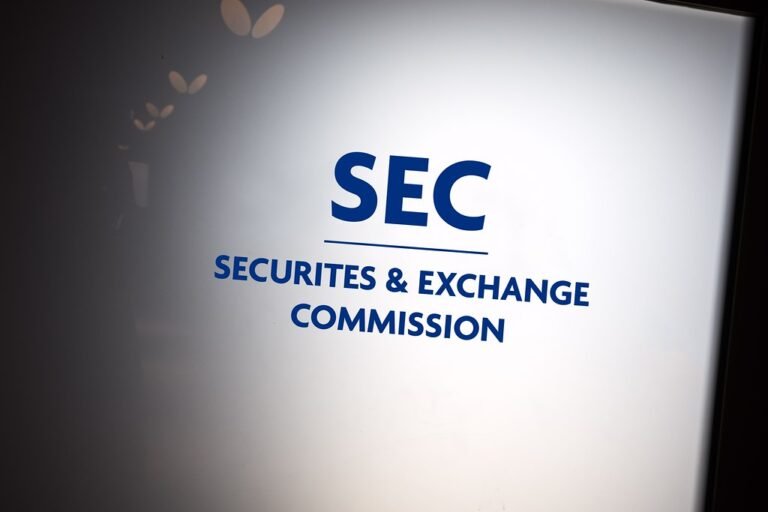
Newark, NJ – A New York man pleaded guilty yesterday to charges related to his involvement in a transnational “grandparent scam” that targeted elderly Americans, defrauding them of tens of thousands of dollars. Victor Anthony Valdez, 40, of the Bronx, New York, admitted to serving as a courier for the scam, which was orchestrated from call centers based in the Dominican Republic.
The scheme, which operated between August 2020 and August 2021, involved fraudulent phone calls to elderly victims, during which the perpetrators posed as relatives or legal representatives claiming that the victims’ grandchildren were in legal trouble and required urgent financial assistance. The scammers convinced victims that their grandchildren had been arrested and needed money for bail or other expenses. The victims, often confused and distressed, were instructed to send cash, which was then collected by couriers like Valdez.
In his guilty plea, Valdez admitted to visiting the homes of defrauded elderly victims in New York and New Jersey, where he would either collect or attempt to collect cash from the victims. The total amount of money Valdez retrieved or attempted to retrieve is believed to be in the tens of thousands of dollars. At the time of his involvement in the scam, Valdez was employed by the Social Security Administration (SSA) in New York.
According to the indictment, which was returned over the summer by a grand jury in Newark, New Jersey, the grandparent scam relied on a network of co-conspirators working in Dominican Republic-based call centers. These co-conspirators would impersonate family members or legal authorities, fabricating urgent situations to prey on the victims’ emotions and manipulate them into sending money.
Once the victims were convinced that their grandchildren were in legal jeopardy, they were instructed to send cash to couriers like Valdez. Valdez would then visit the victims’ homes to collect the money, often under the pretense of needing to deliver the funds directly to an attorney or court official.
“This is an appalling case of how scammers exploit the elderly, particularly targeting vulnerable seniors who believe they are helping their loved ones,” said Principal Deputy Assistant Attorney General Brian M. Boynton, head of the Justice Department’s Civil Division. “The Justice Department will continue to vigorously pursue those who participate in fraudulent schemes and hold them accountable for their actions.”
U.S. Attorney Philip Sellinger for the District of New Jersey also condemned the crime, stating, “Valdez and his co-conspirators took advantage of grandparents’ love and concern for their grandchildren, convincing them to part with significant amounts of money under false pretenses. We will continue to protect the rights of all victims and prosecute those who exploit vulnerable seniors.”
Acting Inspector General Hannibal “Mike” Ware of the Social Security Administration (SSA) emphasized the cruelty of the scheme, noting, “Mr. Valdez intentionally conspired to defraud the elderly of their money and property through a cruel, international grandparent scam. The majority of the victims are Social Security beneficiaries who live on a fixed income. We will continue to aggressively pursue such intolerable criminal activities.”
Valdez pleaded guilty to one count of wire fraud conspiracy in a hearing before U.S. District Judge Claire C. Cecchi in Newark. He faces a maximum sentence of 20 years in prison and a fine of up to $250,000. Sentencing is scheduled for April 9, 2025. A federal district court judge will determine his final sentence after considering various factors, including the U.S. Sentencing Guidelines.
The grandparent scam is part of a larger pattern of elder fraud schemes that have become increasingly sophisticated in recent years. Law enforcement agencies continue to warn the public about such scams, advising family members to remain vigilant and verify any requests for money, especially if they seem urgent or come from unfamiliar sources. Authorities also encourage individuals who suspect they have been targeted by scammers to report the incident to local law enforcement or consumer protection agencies.
The case is being investigated by the Social Security Administration’s Office of the Inspector General (SSA-OIG) and the Department of Homeland Security’s Homeland Security Investigations (HSI), both of which are committed to combating fraud and protecting vulnerable populations.



